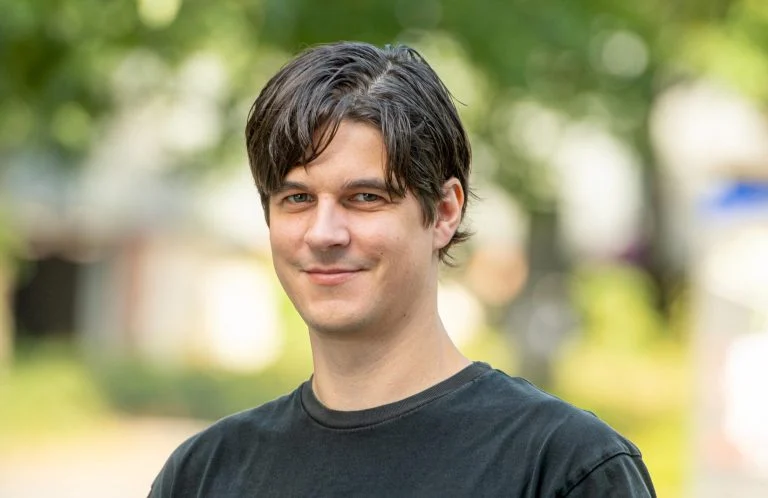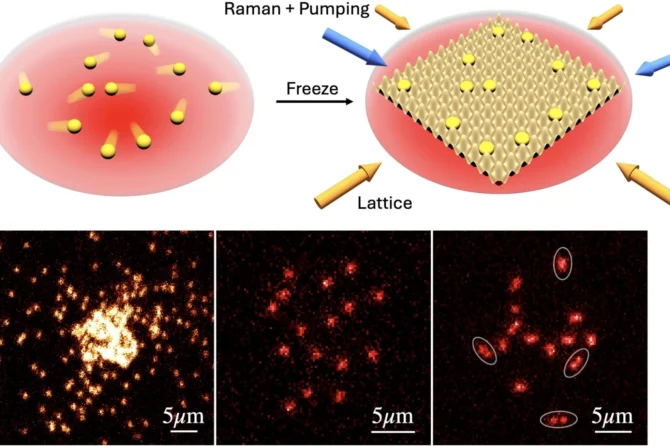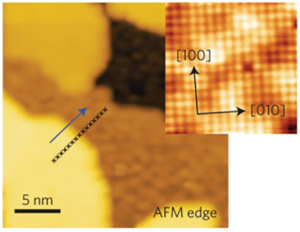Christian Schneider, a quantum physicist at the University of Oldenburg in Germany, has been awarded a prestigious European Research Council (ERC) Consolidator Grant of approximately two million euros for his groundbreaking research into two-dimensional materials and their optical properties. The grant will support his “Dual Twist” project over the next five years, focusing on investigating the unique quantum characteristics of atomically thin materials.
Schneider’s research centers on two-dimensional (2D) materials, which are incredibly thin—often less than a nanometer thick—and consist of just a few atomic layers. These materials exhibit fascinating physical properties that differ significantly from traditional solid bodies. In 2021, his team achieved a remarkable breakthrough by inducing these materials to emit coherent laser light at both extremely low and room temperatures, potentially laying the groundwork for next-generation nano-lasers.
The current project will explore bilayer structures, particularly examining how twisting crystal lattices against each other can dramatically alter a material’s optical, mechanical, and electronic properties. This emerging field, known as “twistronics,” has already shown remarkable potential in materials like graphene, where slight rotations can transform a conductive material into an electrical insulator or even a superconductor.
Schneider plans to conduct sophisticated experiments using innovative techniques. He will prepare semiconductor materials and place them in a special “microcavity”—essentially a light-reflecting cage that allows for precise quantum state manipulation. Additionally, the research will employ a quantum simulation technique that uses trapped light particles to model and understand the complex behavior of these materials.
The project’s significance extends beyond pure research. By developing experimental setups to study these materials’ properties, Schneider aims to advance quantum technologies and potentially unlock new methods of controlling quantum states that were previously difficult to manipulate.
This recognition is not Schneider’s first from the ERC. He previously received a Starting Grant in 2016 for his “unlimit2D” project, highlighting his consistent excellence in quantum materials research. The University of Oldenburg’s President, Prof. Dr. Ralph Bruder, praised Schneider as an outstanding researcher whose continued success demonstrates the institute’s strong capabilities in investigating complex quantum phenomena.
Out of 2,313 applications, the ERC selected 328 projects for funding, with 67 based in Germany, underscoring the competitive nature of this prestigious grant and the exceptional quality of Schneider’s research.




